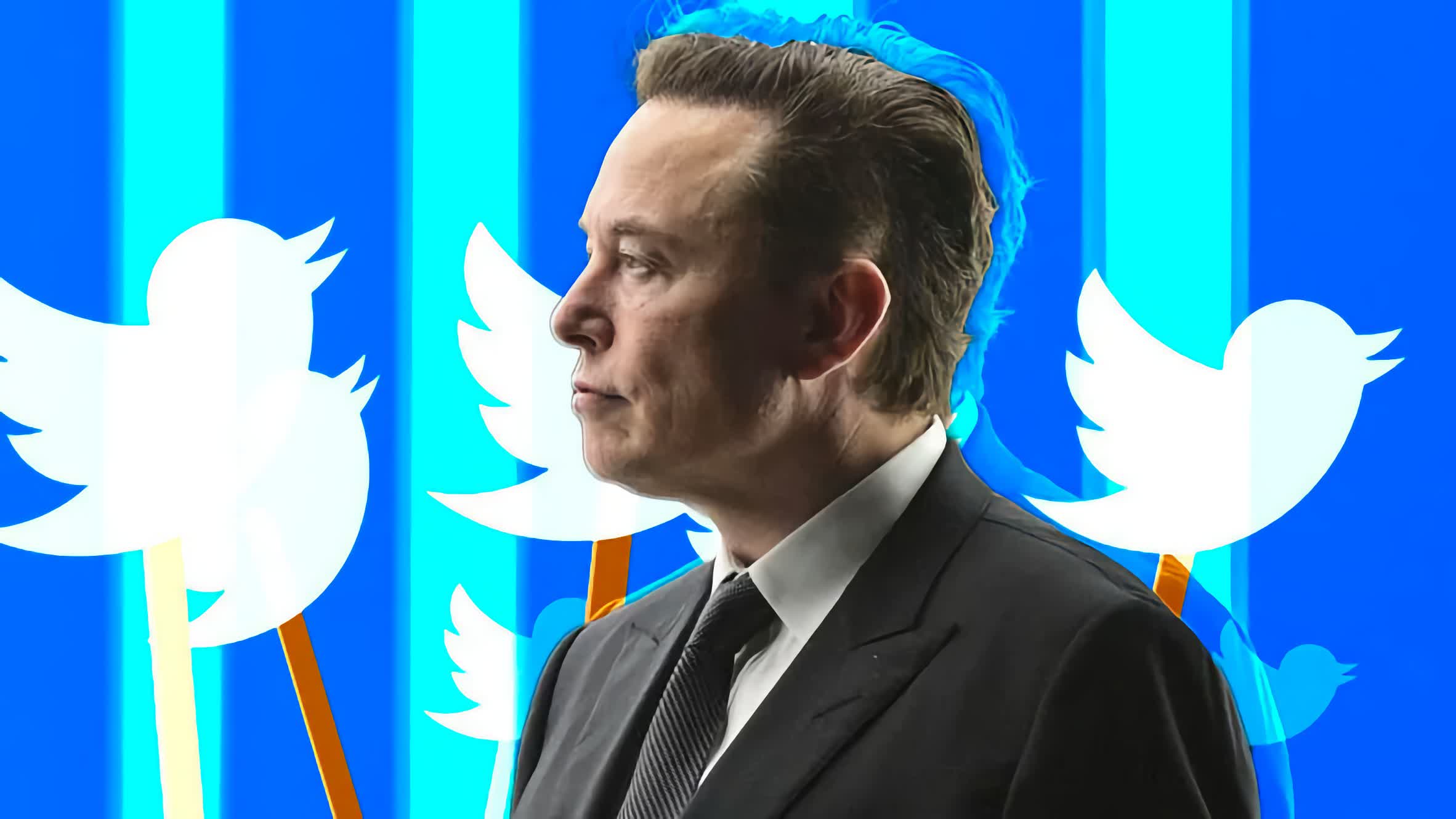In context: Elon Musk's time at Twitter has been filled with controversy, from the mass layoffs to the Twitter Blue saga. His decisions have caught the interest of the Federal Trade Commission, which is demanding the company turn over internal communications and is seeking to depose Twitter's billionaire owner.
The Wall Street Journal reports that the FTC has sent 12 letters to Twitter and its lawyers since Musk took over on October 27. The crux of the matter relates to the FTC's $150 million fine it handed Twitter last year over deceptive ad practices that used email addresses and phone numbers submitted for account security purposes, such as two-factor authentication, for targeted ads. Part of that settlement included a guarantee from Twitter to protect users' privacy via a "comprehensive privacy and information security program."
In November, the WSJ reported that Musk told Twitter employees the company will do whatever it takes to follow both the letter and the spirit of the FTC order.
A shameful case of weaponization of a government agency for political purposes and suppression of the truth!
--- Elon Musk (@elonmusk) March 7, 2023
The FTC is concerned that Musk's decision to lay off more than half of Twitter's staff, including privacy and security chiefs, could have an impact on users' safety, violating the terms of the FTC settlement. "We are concerned these staff reductions impact Twitter's ability to protect consumers' information," an agency official wrote to Twitter's lawyers.
The FTC has also asked Twitter to "identify all journalists" granted access to company records. Part of Twitter's settlement limits internal access to user data, so giving journalists access to internal Twitter systems was likely a settlement violation. These incidents were Musk revealing the so-called "Twitter Files," or internal information related to the company's previous moderation process.
Additionally, the FTC has requested information about the launch of the revamped Twitter Blue subscription service, which one employee said disregarded the company's normal privacy and security review. The FTC also wants to depose Musk in connection with its investigation.
Republican members of the House Judiciary Committee have accused the FTC of overstepping its authority. "There is no logical reason, for example, why the FTC needs to know the identities of journalists engaging with Twitter," reads the Judiciary panel's report. "There is no logical reason why the FTC, on the basis of user privacy, needs to analyze all of Twitter's personnel decisions. And there is no logical reason why the FTC needs every single internal Twitter communication about Elon Musk."
Musk responded to the WSJ report with a tweet calling it "a shameful case of weaponization of a government agency for political purposes and suppression of the truth!"
